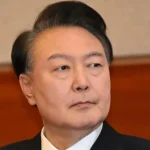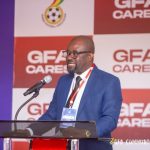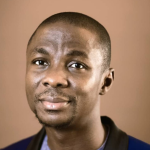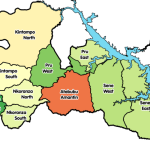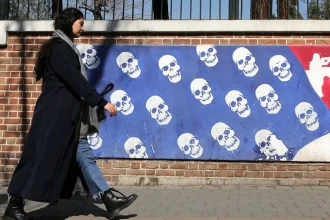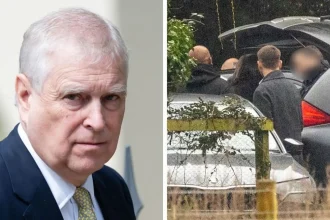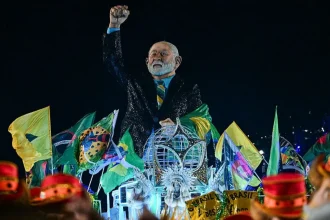Former US Secretary of State Henry Kissinger, who played a pivotal and polarising role in US foreign policy during the Cold War, has died at the age of 100.
He served as America’s top diplomat and national security adviser during the Nixon and Ford administrations.
Despite leaving office in the mid-1970s, he continued to be consulted by generations of leaders for decades.
The German-born former diplomat died at his home in Connecticut.
Wednesday night’s statement from Kissinger Associates, the policy consultancy he founded, did not give a cause of death.
Former US President George W Bush led tributes, saying the US had “lost one of the most dependable and distinctive voices on foreign affairs”.
President Richard Nixon’s daughters, Tricia Nixon Cox and Julie Nixon Eisenhower, said that Kissinger’s life story was “so unique – and so thoroughly American”.
“Henry Kissinger will long be remembered for his many achievements in advancing the cause of peace,” the statement said. “But it was his character that we will never forget.”
Born in Germany in 1923, the school teacher’s son first came to the US in 1938 when his family fled the Nazis. He never quite lost his native Bavarian accent.
He became a US citizen in 1943 and went on to serve three years in the US Army and later in the Counter Intelligence Corps.
After earning bachelor’s and master’s degrees and a PhD, he taught international relations at Harvard.
In 1969, then-President Nixon appointed him national security adviser, a position that gave him enormous sway over US foreign policy.
His eight years as both national security adviser and secretary of state between 1969-77 saw the US finally end its involvement in the Vietnam War, open up relations with China and bring about a cessation of hostilities in the 1973 Yom Kippur War in the Middle East between Egypt and Syria on the one hand and Israel on the other. It was an effort that created the whole idea of shuttle diplomacy.
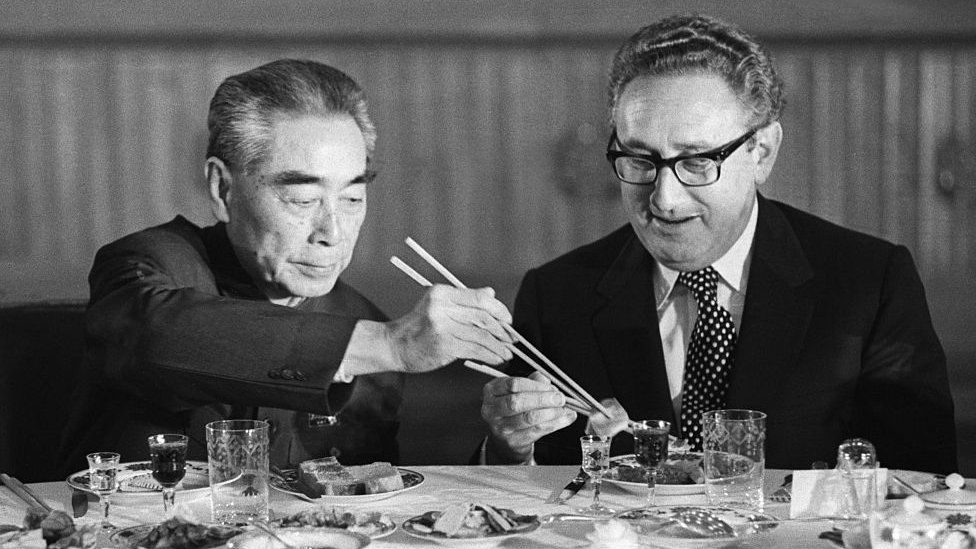
In China – where Kissinger enjoyed enduring popularity – news of his death was soon trending on Weibo, a social media platform.
China News’ obituary referred to him as “an old friend of the Chinese people”.
China Central Television called him “a legendary diplomat” and “living fossil”, who had played an important role in US-China relations.
Over the years, however, Kissinger was also subject to scathing criticism from those who accused him of putting rivalry with the Soviet Union over human rights and supporting repressive regimes across the world, including Augusto Pinochet in Chile.
Kissinger, however, was dismissive of this criticism.
“That’s a reflection of their ignorance,” the gravel-voiced statesman told CBS in an interview shortly before his 100th birthday.
In 1973, he was awarded a Nobel Peace Prize alongside North Vietnam’s Le Duc Tho, who refused to accept.
The award led to two members of the Nobel committee resigning.
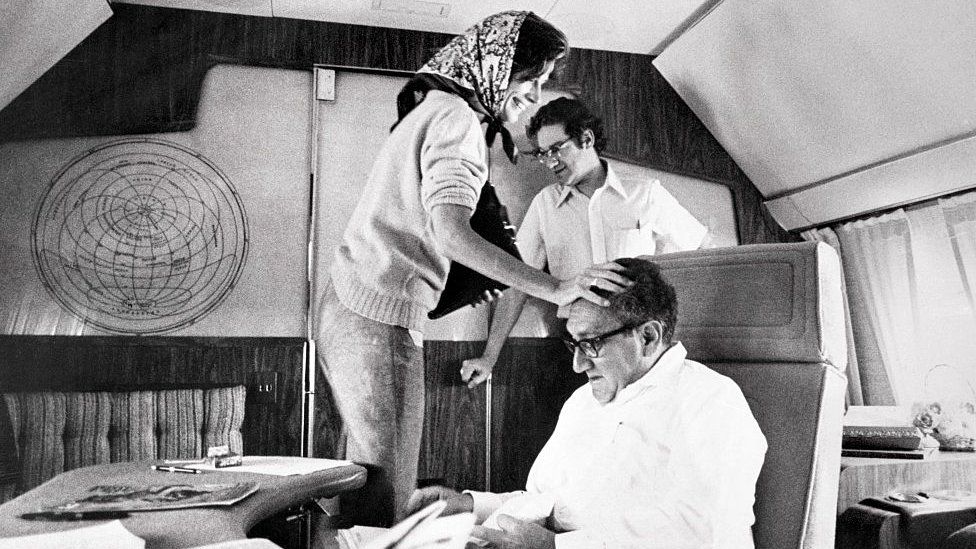
While Kissinger left government service in 1977, he continued to be a prolific commentator on public affairs. His counsel was sought by a dozen US presidents – from John F Kennedy to Joe Biden – as well as by lawmakers.
Notably, Kissinger is also the only American to have dealt directly with every Chinese leader from Mao Zedong to Xi Jinping.
He also served on the boards of various companies and was a fixture of foreign policy and security forums, as well as penning 21 books.
Even after turning 100, Kissinger kept up an active life, including a surprise visit this July to Beijing to meet Chinese President Xi Jinping, where the aged statesman was feted despite a chill in relations between China and the US.
The visit irked the White House and prompted National Security Council spokesman John Kirby to lament that “it’s unfortunate that a private citizen” had access to Chinese leaders while the US government did not.
During an interview with ABC on a book tour in July 2022 – when he was 99 – Kissinger was asked whether he would take back any of his decisions.
“I’ve been thinking about these problems all my life. It’s my hobby as well as my occupation,” he said. “And so the recommendations I made were the best of which I was then capable.”
He is survived by his wife of nearly 50 years, Nancy Maginnes Kissinger, as well as by two children, Elizabeth and David, from a previous marriage and five grandchildren.



